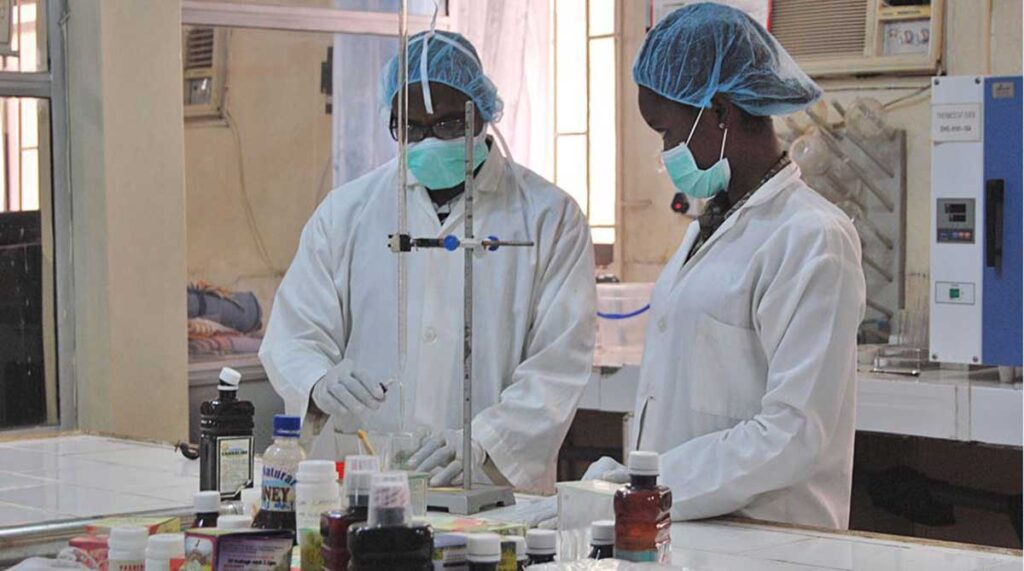The Medical Laboratory Science Council of Nigeria (MLSCN) has revealed that a staggering 10,697 medical laboratory scientists have left the country, posing a serious challenge to the nation’s healthcare system.
The Registrar of the Council, Dr Tosan Erhabor, stated this in an interview with the News Agency of Nigeria (NAN. Erhabor, however, noted that the Federal Ministry of Health is diligently working on a policy to address the escalating issue of health workers migrating from Nigeria.
According to him, the gravity of the situation has prompted the government to take swift action, recognizing the potential impact on the country’s healthcare infrastructure. He emphasized the urgency of implementing a policy framework to regulate the migration of Nigerian health workers.
What the Registrar is saying
- “The total number of medical laboratory scientists that have migrated is 10,697. The government is considering reviewing the minimum wage and certain peculiar allowances for health professionals.
- “Safe and conducive work environment can be a panacea to reducing the pace of brain drain amongst medical laboratories,” he said.
As part of the government’s efforts to retain and support health professionals, Dr. Erhabor disclosed that the hazard allowance of health professionals has been reviewed to enhance their productivity.
Dr. Erhabor highlighted the critical role of a safe and conducive work environment in stemming the tide of brain drain among medical laboratory scientists.
By addressing the challenges they face, the government aims to create an environment that fosters professional growth and job satisfaction, ultimately reducing the appeal of seeking opportunities abroad.
What you should know
- In 2023 alone, more than 4,504 medical laboratory scientists left the country, according to Dr. Erhabor.
- The reasons behind this migration are multifaceted, ranging from inadequate remuneration and uncertainties in career progression within Teaching Hospitals to the pursuit of foreign education, skill enhancement, and improved professional status.
- The dire security situation in the country, inadequate infrastructure, and a lack of modern equipment have also contributed to the exodus.
- Dr. Erhabor underscored the impact of the rising cost of living, making it increasingly challenging for medical laboratory scientists to provide basic care and quality education for their families.
- The preferred destinations for these scientists are identified as the United Kingdom, United States, and Canada. This brain drain poses not only a loss of skilled professionals for Nigeria but also potential strains on the healthcare systems of the receiving nations.
- As the Federal Ministry of Health works towards implementing the migration regulation policy, the hope is to create a more sustainable and appealing environment for healthcare professionals, ultimately fortifying Nigeria’s healthcare sector.
